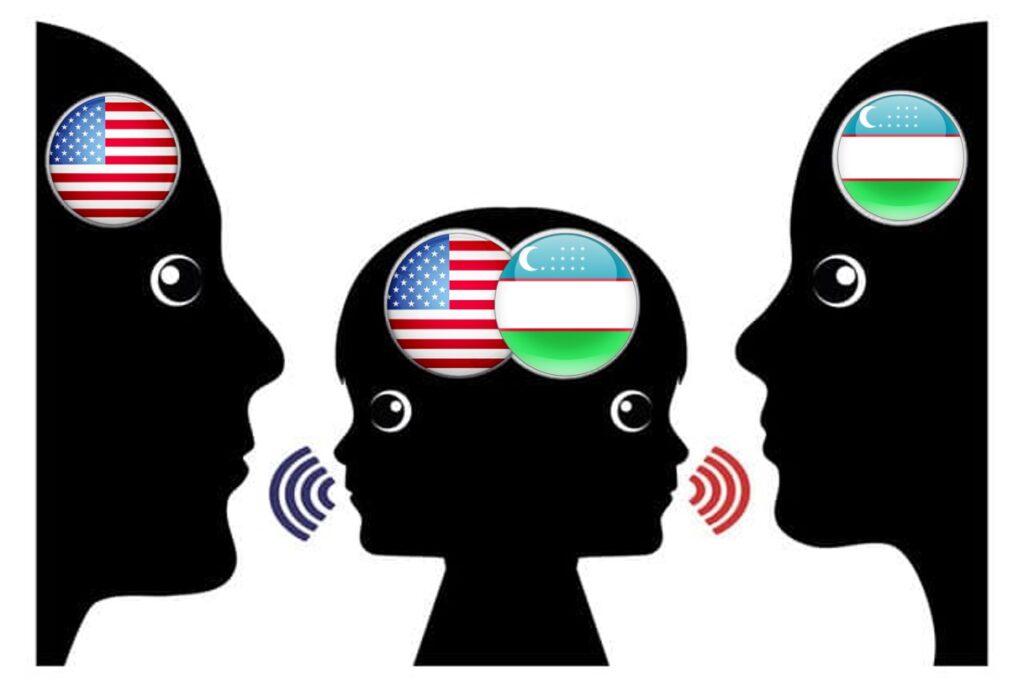How is it possible? How children learn to speak is not just one of the most intriguing features of the human species, but it’s also one of the trickiest problems in linguistics and cognitive science. What are the processes that enable a kid to acquire native language skills in a matter of years, at a level of competence that adult learners of second languages can hardly match?
This is far from a topic on which the study groups in various fields can agree. In fact, opinions on it are sharply divided. The 20th century was defined by Noam Chomsky’s groundbreaking idea, which postulated that humans may possess an innate and universal grammatical faculty that distinguishes them from other animal species and accounts for native language acquisition.

How do we explain a baby’s ability to learn two, three, or even more languages if learning one language is already so amazing?
The population of the globe is bilingual in half.
This question assumes that multilingualism and bilingualism are the exception rather than the rule in human society. It is estimated by experts that about 50% of the global population is bilingual and that multilingualism is more prevalent than monolingualism. Look at some of the most populous nations on earth, such as China and India.
Therefore, it should come as no surprise that a youngster could speak more than one native tongue. Instead of discouraging this as if it were a barrier to the child’s growth or social and cultural integration, this should be supported. The various lifelong cognitive and social advantages of bilingualism have been emphasized by numerous researchers. These include improved cognition, delayed neurodegenerative disease onset, and enhanced social environment adaption.

Advantages of bilingual brains.
The foundation of bilingualism in children appears to be twofold: first, a child’s remarkable cerebral plasticity, especially between the ages of 0 and 3, and second, a set of general cognitive talents that apply to humans of all ages, such as abstraction, analogy, and encyclopedic memory.
A newborn has the capacity to remember and classify language stimuli that contain a wealth of information regarding sound, structure, meaning, and the social and familial contexts in which they are employed. This knowledge allows a child, especially after the first year, to swiftly deduce that one set of linguistic constructions differs from another in terms of conventions for two different languages (for example, French and English).
They gain the ability to effortlessly transition between languages, for example, based on who they are speaking to, and occasionally even within a single sentence, a skill known as “code-switching” (also called “code-mixing”).
Give the child some time
Naturally, a child’s ease of bilingualism does not imply that their linguistic development is the same as that of a monolingual person.
Whether kids are learning two languages at the same time or starting a second language before turning three, there is an extra cognitive burden involved in teaching them two different grammars for certain social situations. It is not unusual for a bilingual youngster to acquire their shared language slightly more slowly than a monolingual child. As the child gets older, this small difference—which occasionally shows up as linguistic “mixtures”—quickly goes away.
The “one person, one language” parental approach is frequently mentioned as a means of assisting children in becoming bilingual and providing them with additional guidance.

A newborn will learn to discriminate between the two language systems more rapidly and be able to use them when interacting with particular people, such as Anglophones and Francophones, if one parent speaks to the infant more in English and the other more in French.
Additionally, if the two languages are used in moderation at home, the child will be able to successfully ingrain them for frequent usage in the future. Thus, there are certain habits you may form if you’re a bilingual spouse and you want to pass on your language skills to your child.

However, you shouldn’t worry too much about it; all you need to do is speak to your child in both languages on a regular basis, and they’ll take care of the rest.
Kamola Umurzakova,
4th Year Student, International Journalism Faculty
Uzbekistan State World Languages University, UZSWLU

